News
-
 Planetary Science
Planetary SciencePluto may have captured its moon Charon with a kiss
When Pluto met Charon, there was an instant connection, new simulations suggest.
-
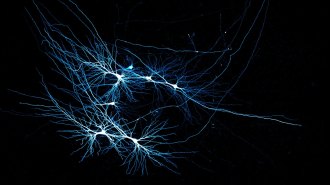 Neuroscience
NeuroscienceThe unique neural wiring of the human hippocampus may maximize memory
Living tissue from the memory centers of people’s brains reveals sparse nerve cell connections that provide strong, reliable signaling between cells.
-
 Space
SpaceNASA’s Parker Solar Probe survived its closest approach to the sun
The solar probe came within 6.1 million kilometers of the surface of the sun and lived to tell the tale.
-
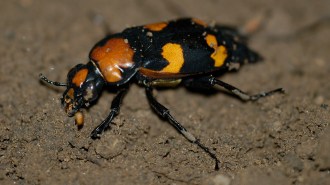 Animals
AnimalsAmerican burying beetles are making a comeback in Nebraska
Thanks to decades of conservation to restore private grasslands, numbers of the threatened insect are on the rise in the Loess Canyons.
-
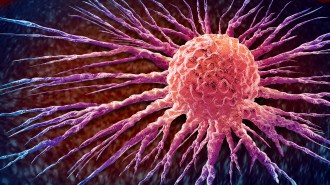 Health & Medicine
Health & MedicineThe spread of breast cancer may be inherited
A variant of PCSK9, a gene involved in raising cholesterol, may spur metastasis. An approved antibody might stop it.
-
 Earth
EarthScientists predict an undersea volcano eruption near Oregon in 2025
Real-time data from Axial Seamount off the Oregon coast is providing researchers with a good eruption forecasting test.
-
 Health & Medicine
Health & MedicineShort bursts of physical activity cut women’s risk of heart attack
Even just a few minutes of vigorous movement per day lowers the risk of serious cardiovascular problems, like heart attack and heart failure, in women.
By Meghan Rosen -
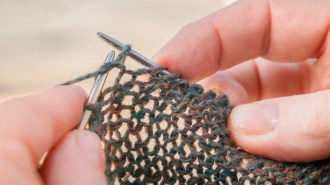 Physics
PhysicsFiber friction is the key to cozy knits
Friction between loops of yarn give knit fabrics the ability to take on a variety of shapes even when no force is applied.
-
 Health & Medicine
Health & MedicineDogs team up with AI to sniff out cancer
Scientists paired Labrador retrievers with an AI model in a new screening test for breast, lung, colorectal or prostate cancer.
By Meghan Rosen -
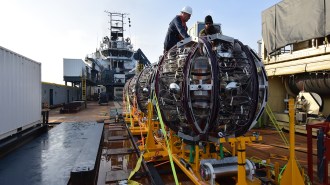 Particle Physics
Particle PhysicsScientists are building underwater neutrino telescopes in the Mediterranean
The KM3NeT telescopes, currently under construction, will catch high-energy neutrinos that could reveal secrets of the cosmos.
-
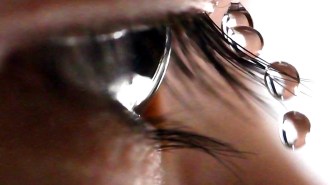 Physics
PhysicsEyelashes’ special features help fling water from the eyes
Eyelashes “micro-ratchet” structure and curved shape help wick water away from the eyes.
-
 Health & Medicine
Health & MedicineTelehealth helps people get health care, but access may soon be in limbo
COVID-era telehealth laws made health care more accessible for rural patients, but telehealth might not be as easy to access next year.
By Sophie Hartley and Andrea Tamayo